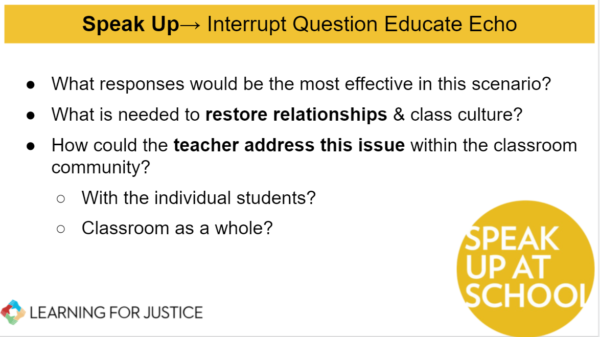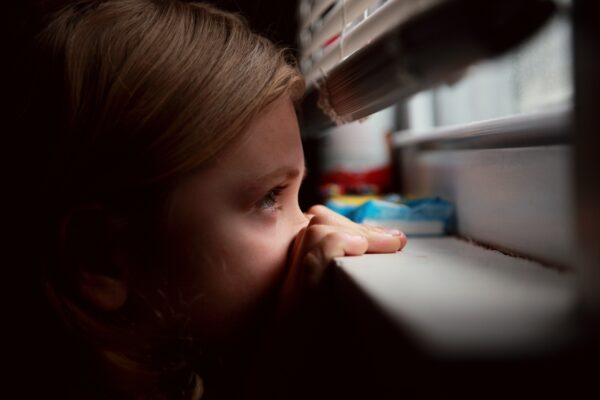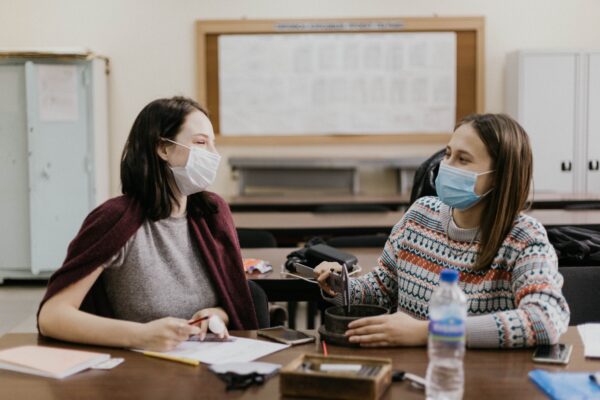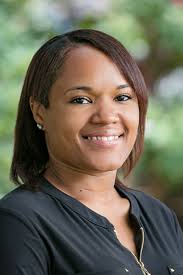It was the spring of my first year teaching, and I was walking hurriedly through the hallway on the way to pick up my class. I saw our music teacher in the hallway, and she asked me how I was and how things were going. Her concern was genuine, and I told her how tired and overwhelmed I was.
She smiled at me and said, “Let me give you my best piece of advice. They say in your first year you sleep; in your second year, you creep; and in your third year, you leap”.
Admittedly, her words have been rattling around in my brain for the last three years. The statement felt too simple to be good advice, but now that my third year is coming to a close, I’ve found she was absolutely right.
In the fall of my second year, I wrote about how the rating of “Basic” on my evaluation affected my perception of myself as an educator.
Looking back, I realized I was unable to see the ways in which I had grown because I was far too fixated on the rating my evaluator was giving me. In the months following that observation, I worked tirelessly to improve my teaching. With the help of an instructional coach, I built solid structures for managing my classroom and facilitating my instruction. I was proud of my hard work and asked my evaluator to visit my classroom to see firsthand all that I had worked to improve.
Then, the pandemic hit, and the classroom visit never happened.
As my third year of teaching comes to a close, I can’t help but feel robbed of experiences and opportunities for growth. I was assigned to a fully remote position this school year, which means I have been out of my classroom for essentially as long as I was ever in it. My foundation of classroom skills lies with a version of myself I’m having a hard time recognizing.

However, despite all of this, I did leap.
I learned what I am truly capable of as an educator and grew in ways I didn’t think I would. Things I could never quite get a firm grasp on in the physical classroom became second nature in my virtual space. In a year with so much uncertainty, I adapted to everything thrown at me.
In the end, I was finally marked proficient on this year’s evaluation. Truthfully, it didn’t feel as satisfying as I thought it would. It was always just a label and never a true reflection of how I perceived myself or my teaching abilities.
When you’re a new teacher, the evaluation process can feel daunting. It carries with it the weight of something that is the end all, be all to your teaching career. I’m here to tell you that it is definitely not, and share my big takeaways from my first three years:
Your teaching is not binary
Nothing in life is black and white, and neither is your teaching. Yes, there is such a thing as “good” teaching and “bad” teaching, but nothing is 100% all of the time. Some days are good, and some lessons are bad, or maybe it’s the opposite. Or it’s both at once. Either way it doesn’t matter because teaching will always be fluid and messy. Give yourself a little room to breathe, good things take time.
You are more than your teaching abilities
Being an educator is just one facet of our identity; it is not everything. Your value as a human being does not hinge on your teaching abilities. Truthfully, I often still struggle with this one.
Openness to feedback and other perspectives is key

To hear feedback, you must allow yourself to be vulnerable. Someone pointing out the things we are not excelling at never feels great, but it’s necessary for growth. However, another person can only offer what they see on the outside and how others see you is rarely the same as how we see ourselves. Others cannot view you through the lens of your past experiences, traumas, and projections. For better or for worse, feedback is just a mirror. It only reflects the surface. It can show you what’s happening on the outside, so that you can begin the work on the inside.
Observations are never as bad as they feel
After every observation, I’ve thought it went horribly (and honestly, sometimes it did go horribly) but most of the time, it was just the nature of teaching. I know those moments where you feel like the train is two seconds away from leaping off the tracks, but if that’s how it feels, it’s because you care. It means despite everything you perceive to be going wrong, you are doing your very best, and it’s enough.

















